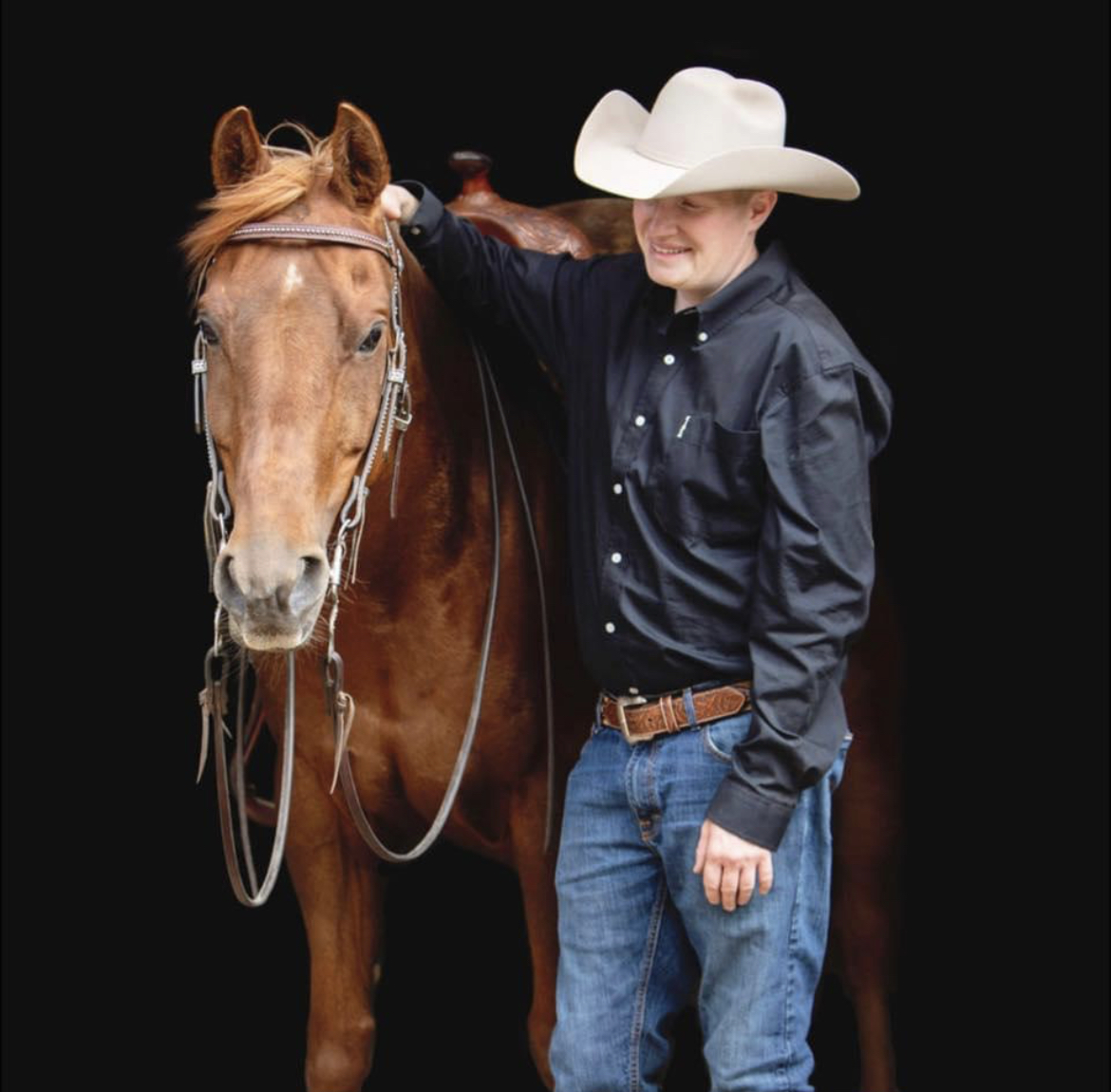This week’s guest blog is from Justin Bannister
_____________________________________________________________________________________________
What does consistency mean to you? Maybe it’s learning a new sport, or a musical instrument. Perhaps it’s being on time for things that really matter most. Consistency can be represented by your daily routine, the things you do that make you feel as if you’re succeeding, satisfied, and stable in your life. Consistency for me, as with many others, is one of the most important factors in achieving set goals.
I’ll give you a personal example of how important consistency is to me. Earlier this spring, I was preparing for show season with my horse. In the discipline of reining, you’re only as successful as you are consistent. I had been riding consistently to start, but I found myself getting stuck in fearful thoughts while on the horse. I had never experienced this kind of mental block before when riding, it had always been my safe space. Things were going well, until they weren’t, and I found myself suddenly struggling every time I’d ask the horse to do a sliding stop.
A sliding stop is a manoeuvre that requires a lot of consistent practice. I had nailed it time and time again but suddenly, not anymore. In a sliding stop you ride the horse in a straight line while picking up speed, until you ask the horse to brake; the rear legs are supposed to slide to a stop while the front legs “paddle” the ground until you’re at a standstill. It takes a lot of time to perfect, and there’s a lot that can go wrong.
When I replay the weeks leading up to my mental block, I’m clear on what happened. I had stopped coming into the stables to ride consistently, and it was making me feel out of practice on the horse. I became worried to stop, worried to ride, and in general didn’t know what to do with myself because my time riding had always been a release from stress, not the cause of it.
This is a common experience for people. We’re consistent until we’re not, and then we wonder why we aren’t feeling our best. As it concerns the therapeutic space in counselling practice, it’s important to recognize that both the counsellor and the client can become inconsistent. The better our habits are, the better the performance, the more likely we are to achieve a set goal; this applies to both counsellor and client. According to Dezfouli and Balleine (2013), when we make a goal-oriented decision, we have a greater chance of obtaining the chosen goal because negative outcomes of failing to reach the goal have already been considered. For example, if a client comes in for support in order to navigate a mild traumatic brain injury (mTBI) like concussion, then an appropriate goal would be to consider how they might visualize their life moving forward even if the symptoms are not fully resolved. The client understands that the onus is on them to maintain consistent therapeutic appointments in order to help them achieve their goal of navigating their injury.
It is best practice to understand a client’s goals from the beginning. The initial few appointments are a time when the client and therapist get to understand each others’ personalities, goals, and communication styles (Young, Demene, and Valach, 2014). What is most helpful is when the lead is taken from the client, and they indicate their stance in what they wish to achieve in practice and in their lives, including goals; the counsellor is a designated support person (Colledge, 2017). Consistency is the work that keeps the integrity of the process together.
Usually when a client has come to see a counsellor, they are coming because they wish to understand why things are happening in their lives. For some clients ,they find it very hard to stay consistent if they don’t see progress in a timeline that they’ve chosen for themselves; sometimes people can get impatient with the slow pace of change. It’s a useful thing to remind the client how far they have come to get to that point. Sometimes we don’t look back enough to see how many consistent steps we’ve taken on our journey towards a goal.
As is the case when my clients recognize the importance of consistency, so too did I when riding the horse consistently became a goal. In due time, as can be expected, the sliding stops got better. The more I reflected on the growth, the more momentum I felt myself fostering in practice, until the habit was routine. As I had come to understand (in multiple areas of life and practice, at this point), consistency is and was always the key.
References
Colledge, R. (2017). Mastering Counselling. Bloomsbury Publishing.
Dezfouli, A., and Baleine, B. (2013). Actions, Action Sequences and Habits: Evidence That Goal-Directed and Habitual Action Control Are Hierarchically Organized. PLoS Comput Biol 9(12): e1003364. https://doi.org/10.1371/journal.pcbi.1003364
Young, R., Domene, J., and Valach, L. (2014). Counseling and Action: Toward Life-Enhancing Work, Relationships, and Identity. Springer.
About the Author
Justin is a Canadian Certified Counsellor from the East Coast of Canada and has a special clinical interest in concussion injuries, infertility, and men’s health. He decided to pursue a Master’s Degree in Counselling in order to better serve his community. Outside of his clinical practice, Justin enjoys working with kids and is a supply teacher with his local school district. In his spare time, Justin enjoys competing in reining with his horse, Princess. He has been an avid horseman since childhood and hopes to one day offer equine therapy as part of his counselling practice.



Recent Comments